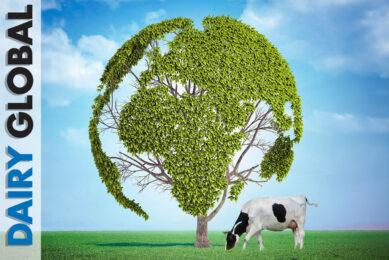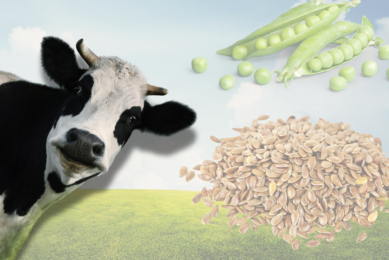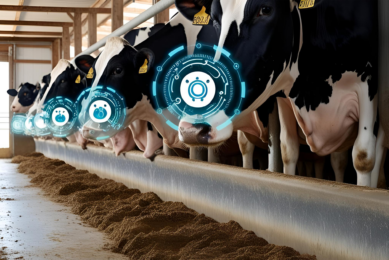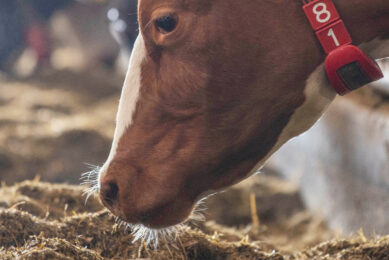UK dairy sector announces net-zero climate ambition
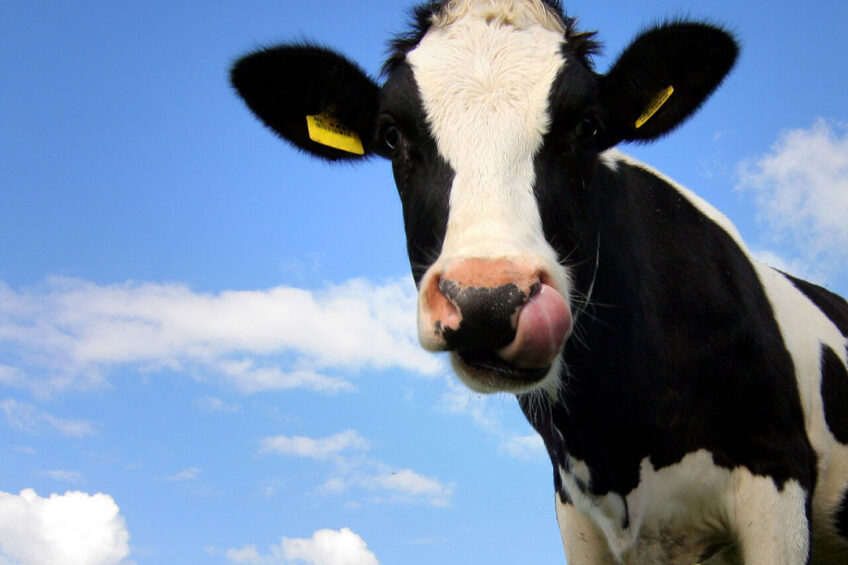
In addition to the dairy industry’s plans, a new report calls on greater global action to reduce meat and dairy consumption. Plans to reach net-zero carbon by 2050 and maintain positive actions which reduce climate warming caused by methane and nitrous oxides have been set out in a new UK Dairy Roadmap.
Launched to coincide with the COP26 talks in Glasgow, ‘The Dairy Roadmap Climate Ambition: Supporting UK Net Zero’ sets out the dairy industry’s support for reducing greenhouse gas emissions and limiting global warming. It will also set a minimum standard for improvement across the industry.
The paper also outlines a range of other commitments, which include:
- A commitment to dual accounting and reporting of carbon footprints using GWP100 and GWP.
- Calculating an updated and robust overall carbon footprint for UK Dairy GHG footprint.
- Developing best practices and guidance on how to reduce emissions at farm level.
People and organisations working towards common goals
Paul Flanagan, dairy sector director at the Agriculture Horticulture Development Board (AHDB) said the roadmap included people and organisations working towards common goals. “Our working groups include farmers, processors, retailers, data companies, academics and trade associations. We’ve already made big strides in reducing the environmental footprint of the entire dairy supply chain and we must not be shy about telling that story.”
Dr Judith Bryans, CE of Dairy UK, said the work builds on the many commitments and efforts processors and farmers have already made and would bring the sector together to move forward as one. “We are dedicated and committed to the sustainability of the sector and in our drive to continually improve.”
Michael Oakes, NFU dairy board chairman, said the commitment to do more was a welcome one: “We are engaged in initiatives to reduce the carbon footprint of dairy, such as improving productivity, efficient use of nutrients and incorporating renewable and bioenergy systems on-farm via solar panels and aerobic digesters. The Dairy Roadmap Climate Ambition will encourage dairy producers and processors to work together to achieve a common goal while demonstrating that we can produce climate-friendly food to our consumers.”
Report: Reduction of meat consumption
But the scale of the global work needed to reduce carbon emissions in the dairy sector was laid bare in a report by the international charity, Compassion in World Farming. ‘Breaking the taboo: Why diets must change to tackle climate emergency‘ sets out a scientific case that without an urgent and dramatic global reduction in meat consumption the world will not meet its 2015 Paris Agreement target.
The report reveals that:
- The livestock sector is responsible for 14.5% of all global greenhouse gas emissions.
- The food system is responsible for one-third of all GHG emissions – 75% of agriculture’s emissions are from livestock.
- Changes to diets could contribute up to a fifth of the mitigation needed to meet the Paris Agreement target.
Report author and CIWF chief policy officer, Peter Stevenson, said in order to turn the tide on the crisis, governments and policy-makers had to act urgently in several key areas. This includes reducing meat production in industrial monogastric farming (i.e., poultry and pigs) and the feedlot cattle sectors. Meat and dairy should come from farmers where animals are able to graze on well-managed, biodiverse grassland and the amount of land devoted to livestock should also be reduced to support natural climate solutions like the restoration of forests and peatland.
Join 13,000+ subscribers
Subscribe to our newsletter to stay updated about all the need-to-know content in the dairy sector, two times a week.



